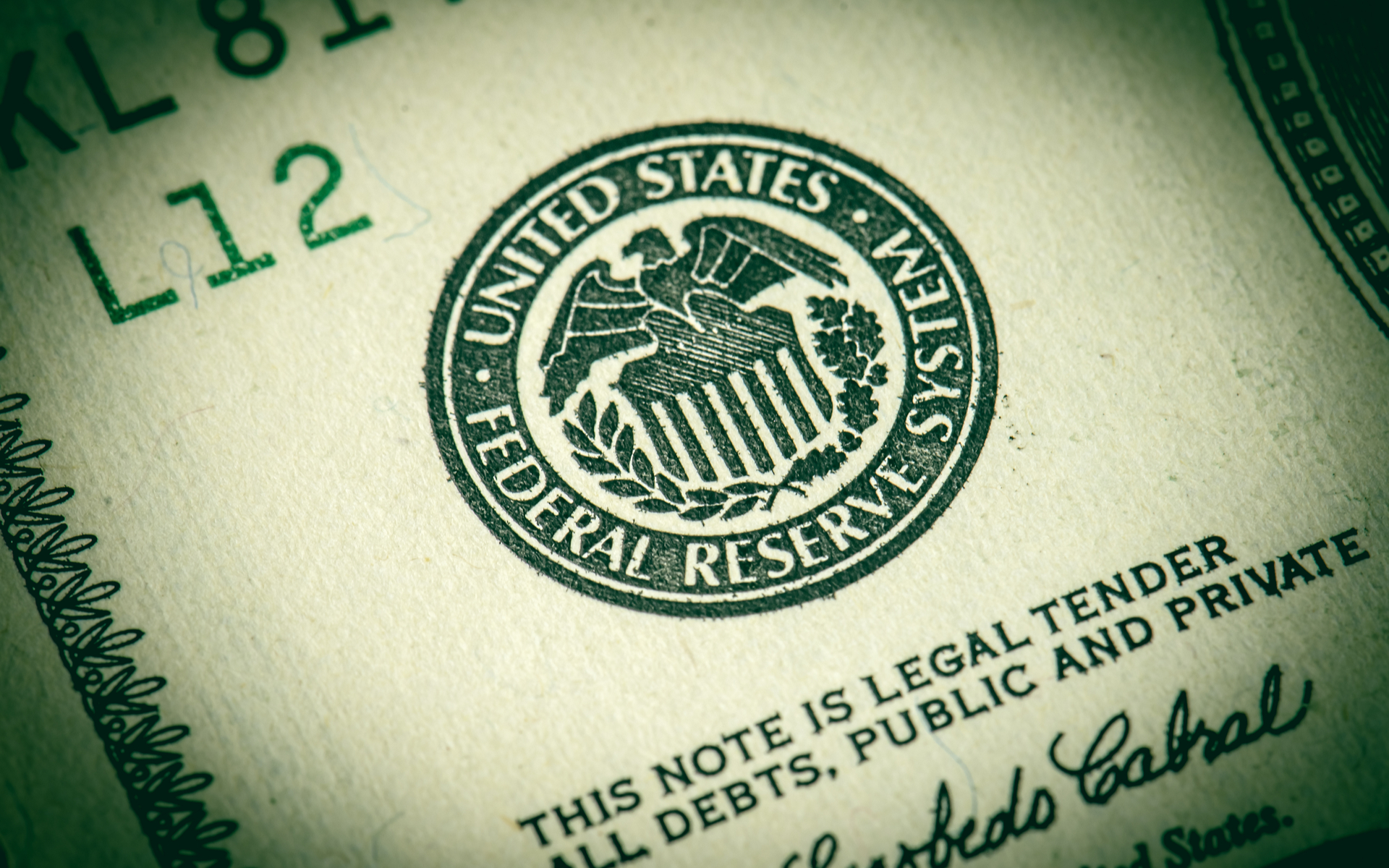PALO ALTO, Calif. (Reuters) - The Federal Reserve is looking at a broad Have a peek here variety of issues around digital payments and currencies, including policy, design and legal considerations around potentially providing its own digital currency, Governor Lael Brainard stated on Wednesday. Brainard's remarks suggest more openness to the possibility of a Fed-issued digital coin than in the past." By changing payments, digitalization has the prospective to deliver higher value and benefit at lower expense," Brainard said at a conference on payments at the Stanford Graduate School of Business.
Reserve banks worldwide are discussing how to handle digital financing innovation and the distributed journal systems utilized by bitcoin, which guarantees near-instantaneous payment at possibly low cost. The Fed is developing its own round-the-clock real-time payments and settlement service and is presently reviewing 200 comment letters submitted late in 2015 about the proposed service's design and scope, Brainard said.
Less than two years ago Brainard told a conference in San Francisco that there is "no engaging showed requirement" for such a coin. But that was prior to the scope of Facebook's digital currency ambitions were extensively known. Fed officials, including Brainard, have actually raised issues about customer securities and information and personal privacy risks that could be presented by a currency that might enter use by the third of the world's population that have Facebook accounts.

" We are collaborating with other main banks as we advance our understanding of reserve bank digital currencies," she said. With more nations checking out providing their own digital currencies, Brainard said, that contributes to "a set of factors to likewise be making certain that we are that frontier of both research and policy development." In the United States, Brainard stated, issues that need research study include whether a digital currency would make the payments system safer or easier, and whether it might position monetary stability risks, consisting of the possibility of bank runs if money can be turned "with a single swipe" into the reserve bank's digital currency.
To counter the financial damage from America's unprecedented nationwide lockdown, the Federal Reserve has taken unmatched actions, including flooding the economy with dollars and investing directly in the economy. Most of these moves got grudging acceptance even from lots of Fed doubters, as Go to the website they saw this stimulus as needed and something just the Fed could do.
My new CEI report, "Government-Run Payment Systems Are Unsafe at Any Speed: The Case Against Fedcoin and FedNow," information the risks of the Fed's existing strategies for its FedNow real-time payment system, and propositions for central bank-issued cryptocurrency that have actually been called Fedcoin or the "digital dollar." In my report, I discuss concerns about personal privacy, data security, currency control, and crowding out private-sector competitors and development.
Advocates of FedNow and Fedcoin state the federal government needs to create a system for payments to deposit quickly, instead of motivate such systems in the economic sector by lifting regulatory barriers. But as noted in the paper, the personal sector is providing a relatively unlimited supply of payment innovations and digital currencies to fix the problemto the degree it is a problemof the time gap between when a payment is sent out and when it is received in a savings account.
And the examples of private-sector innovation in this area are many. The Cleaning House, a bank-held cooperative that has been routing interbank payments in various types for more than 150 years, has actually been clearing real-time payments considering that 2017. By the end of 2018 it was covering 50 percent of the deposit base in the U.S.